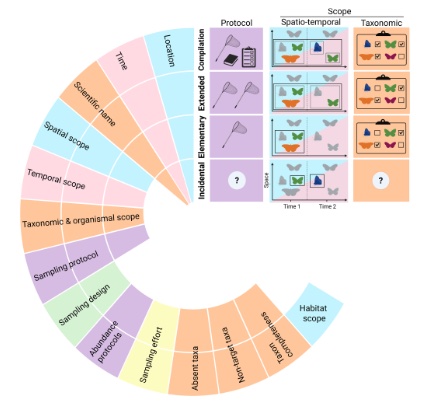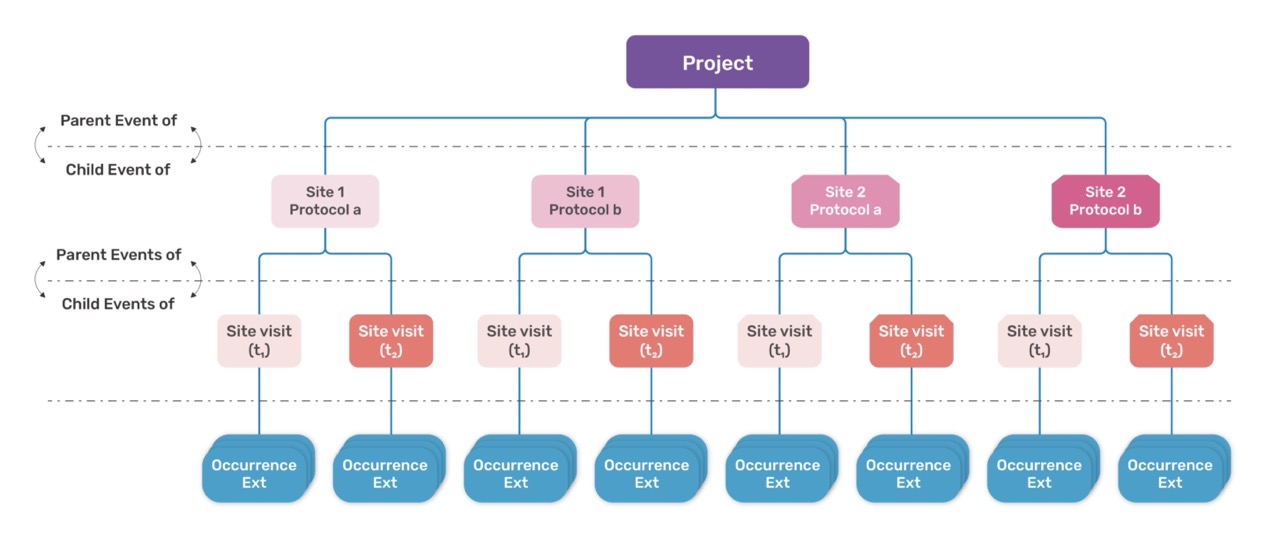Published: Dec 7, 2021 by Steve Baskauf
A few months ago, as part of our WikiProject Vanderbilt Fine Arts Gallery, we received permission to upload Public Domain works from the Vanderbilt Fine Arts Gallery to Wikimedia Commons, where they will be more accessible to the public.
To make this happen, I put in some more work on Commonsbot, a Python script that I’d been hacking away at for about a year. It’s now nominally functional, and I used it to upload just under 300 high-resolution images of two-dimensional works.
There are existing tools for uploading images to Commons, but Commonsbot not only uploads the images with metadata based on the Artwork template, but it also adds Structured data on Commons that backlinks the Commons media item to its corresponding Wikidata item. It also generates the necessary CSV data for another script I wrote, VanderBot, to create a P18 (image) link from the Wikidata item to the new Commons media item.
For example, one of our works whose image was uploaded to Commons is now linked to its Wikidata item: https://www.wikidata.org/wiki/Q104032737.
We can now do fun stuff with the images like create SPARQL-based visualizations such as an image grid showing Kress collection works donated to the Gallery in the 1960’s.


